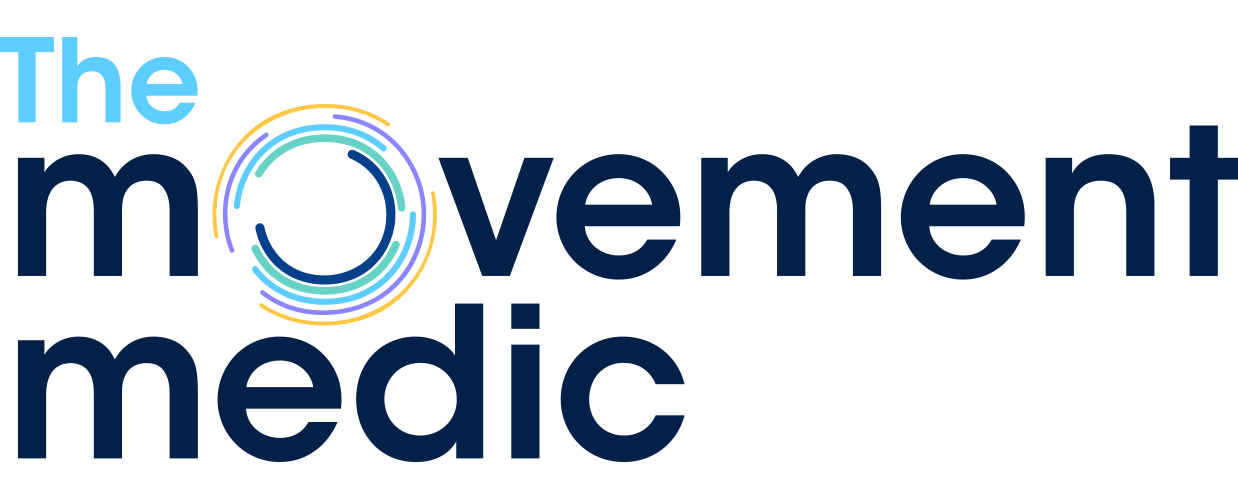Let’s talk about eggs….. but not the chocolate type
Navigating Fertility, Fitness, and Supplements for Women
Easter is a time of change and we all notice a mood shift with longer nights a welcome sight, so what better time to chat women’s health and the other changes we see in day-to-day life. Whether kids are on the cards for you or not, as we age, hormone changes affect all of us. So how do we navigate those changing tides and more importantly how do we weather the storm?
It’s no secret as women age our fertility changes, but just how much and what affect does it have?
At birth, women have 1-2 million eggs, dwindling to about 10,000 by age 40. The quality and quantity of eggs start to decline around age 32, this accelerates by 35, resulting in a 50% reduction by age 40. This decrease, coupled with mutations in remaining eggs, increases the likelihood of failed fertilisation, miscarriage, and birth defects. We’ve seen a trend in the US for years, and growing trends in London of women now freezing eggs as they want children later in life.
Menopause marks the end of reproductive years, but what you lose in menstruation you gain in hormonal shifts…goodbye periods, hello brain fog and hot flushes. But that’s not all. As women age the decline in oestrogen affects muscle regeneration, bone density, and metabolism.
It’s a part of life so we just have to live with it? No, knowledge is power, and what we do with that power helps us live life to our full. Notice I say our full. Because every one of us is different, so there isn’t a one-size-fits-all approach. We need to debunk that taking a few supplements and embarking on a new diet will work for all of us. So how does that look?
Your body is like a house, you get a survey done before you invest to see what’s going on inside, and regular bloodwork is the key. So let’s look Behind The Scenes (BTS) Bloodwork, Training and Supplements.
Bloodwork
I often test patients using different methods to get an insight into hormonal balance, ovulation, ovarian reserve, nutrient levels, and thyroid function. Optimising essential nutrients like B12, folate, vitamin D, and iron can lead to significant improvements in overall health and well-being. Better sleep, less bloating, balanced emotions. Testing blood at various times of your cycle means we can see any imbalances or deficiencies, and tailor treatment to optimise hormonal and fertility health.
DUTCH Test: This comprehensive hormone assessment looks at hormonal balance, adrenal function, and metabolite levels
GI Effects Testing: Assessing gastrointestinal health identifies digestive dysfunction, gut inflammation, and microbial imbalances
Organic Acid/Metabolomix Genova Test: This advanced metabolomic analysis evaluates metabolic pathways, nutrient status, and detoxification capacity. So what your body processes, absorbs and what it needs.??
Training
With Oestrogen declining, we need to up our strength training, but it’s a about striking a balance. Overtrain and lack of resting can have serious complications for women’s health. Resistance training becomes crucial for maintaining muscle mass, bone strength, and cardiovascular health. Plyometrics and sprint interval training are beneficial for bone health, muscle power, and insulin sensitivity, vital during menopause. These exercises counteract age-related declines.
Equally, overtraining can disrupt hormone levels, leading to irregular menstrual cycles or even the cessation of menstruation altogether, a condition known as amenorrhea. This disruption in the menstrual cycle can adversely affect fertility by disrupting ovulation and hormonal balance.
If your exercise program is leaving you exhausted, stressed, unable to build muscle, experiencing recurrent niggles or injuries, or if you're noticing worsening PMS symptoms or poor sleep, it's time to change it up.
Supplements
What a minefield. While supplements serve as valuable additions to your nutritional intake, it's essential to remember they're just that—supplements. They can't compensate for a diet of processed foods.
Folate or Methylfolate: Folate aids in DNA synthesis and fetal development during pregnancy. It's worth noting that folic acid, the synthetic form, needs to be converted to methylfolate (the active form) to be utilised by the body. However, this conversion process may not always be effective in some individuals. The latest research suggests that taking methylfolate directly may be more beneficial as it is already in the active and usable form.
Vitamin D: Essential for bone health, immunity, and mood regulation, vitamin D plays a crucial role in women's health. Low vitamin D levels have been linked to an increased frequency of menstrual disorders. Ensuring vitamin D levels are within the normal range can also help improve fertility.
Omega-3 Fatty Acids: These provide anti-inflammatory benefits and are important for hormonal regulation, especially for ovulation. Omega-3 fatty acids can also increase blood flow to the uterus, reduce inflammation in the body, and improve the embryo's ability to implant in the uterus.
Multivitamin: A multivitamin ensures adequate intake of micronutrients, filling potential dietary gaps and supporting overall health. It's a convenient way to ensure you're getting a broad spectrum of essential vitamins and minerals necessary for optimal health.
By staying proactive and informed through routine blood and supplement testing, we can help you feel better, sleep better and optimise your menopause or fertility journey. Through personalised interventions, comprehensive testing, and expert guidance, we empower women to optimise their health, enhance fertility, and thrive at every stage of life.
For more information or to book in with Dr Kerry contact hello@themovementmedic.org
Dr Kerry Aston

